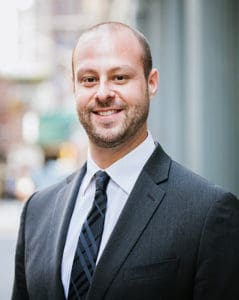
By: Joshua Butnick, Esq.
The Fair Debt Collection Practices Act (FDCPA) is a federal law that places limits on what “debt collectors” can do in their efforts to collect consumer debts and eliminate abusive practices. The FDCPA, however, does not apply to commercial debt owed by businesses or actions of the actual creditor to whom the money is originally owed. A “debt collector” is loosely defined as a person that regularly collects or attempts to collect debts on behalf of the creditor.
A few, but not all, of the types of conduct that the FDCPA prohibits includes: early morning or late night phone calls; communication if the consumer requests in writing that the debt collector stop; repeated phone calls with intent to harass or annoy; misrepresenting the debt; abusive or profane language; or, communication with third parties about the debt. Additionally, some of the things a debt collector must do affirmatively are: identify themselves as a debt collector; notify the consumer of their right to dispute the debt; and provide verification of the debt. Finally, if you do not owe any money but continue to be harassed, have your bank account frozen, or your wages garnished, that may also constitute conduct that is against the law.
A consumer that has been the victim of some of these illegal practices may file a lawsuit in New York State or Federal court. If a consumer is successful in a lawsuit against a debt collector, he or she may recover money damages and reasonable attorney’s fees in addition to a cessation of the alleged illegal debt collection practices. However, elimination of an actual debt may not be possible.
Consumers, however, should be wary that not all debt collection efforts are against the law. Most debt collectors are well-versed in the allowable practices. Also, if the debt collector can prove that they simply made a “bona fide error” despite proper procedures, the debt collector may be able to escape significant liability.
If you believe you are the victim of some of the above-described illegal practices, please feel free to contact the Oxman Law Group PLLC for a consultation about your rights and possible legal action.
This article is written by a member of the Oxman Law Group, PLLC (www.oxmanlaw.com).
Any comments or inquiries are welcome and can be directed to Marc Oxman at 914-422-3900 or moxman@oxmanlaw.com





